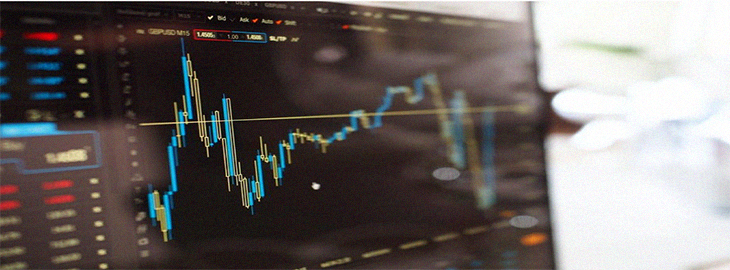
What are Islamic accounts?
Islamic accounts comply with all the guidelines laid down by the sharia to offer halal trading to the Muslim community. Unlike typical portfolios that charge swaps on positions held overnight, there is no such concept in Islamic accounts. Nowadays, almost all brokers offer these services as a significant portion of the trading community comprises traders with the Islamic faith. There are spreads or fixed commissions charged by the exchange that are all in compliance with sharia.
Steps to trade an Islamic account
There are three simple steps that you need to start placing trades on a forex Islamic account:
- Select an exchange. Select a suitable broker that offers the best spreads, executions speeds, customer services, and most importantly, swap-free accounts.
- Open an account. Sign up with the brokerage by providing your email and verifying your account. Some exchanges may also require additional verification documents.
- Make a deposit. Select the swap-free option while opening an MT4/5 account. Fund your account using available methods and start trading.
Understanding Islamic principles for trading
Trading currencies with rollover fees fall under the category of Riba al-nasi’ah, which is a kind of transaction that benefits one party. The finance sector in Islam declares interest or Riba as an unlawful act as it induces various harmful effects on society, including wealth accumulation at one end, creating injustice, and negative growth, to name a few. Under the normal circumstance where you trade a pair, let’s say EUR/USD, you are buying or selling one currency against the other. This form of trading is allowed; however, the deal is prohibited if there are any swaps or delays.
The Sharia board is responsible for covering all the prospects of finances and provides fatwahs(decrees) to declare any matter as approved or prohibited. Financial institutions or brokers that carry approval from the board ensure that all the activities are legal under Islamic law.
Main characteristics of halal trading
To simplify it all, here are the characteristics of halal trading in compliance with Islamic laws:
- Prohibition of any form of interest or Riba
- A trading transaction must execute immediately without any latency
- Any form risks and advantages must be evenly shared
- Gambling is strictly restricted under any condition
Islamic accounts are similar to regular ones with certain modifications, such as no interest to comply alongside all the points mentioned above. Trading without using any strategy or analysis falls under the category of gambling. The shared risk and reward element prevails in this business where there is a chance to make money when you win or have a drawdown when you lose. Having the objectives to earn a living using proper methods is not haram in any case.
FAQs
Are there any disadvantages of Islamic accounts?
The only drawback is the inability to receive positive interests in certain positions. For swing traders who hold their trades for weeks or months, this can mean fewer profits.
Do fees and commission come under the category of interest?
Since administrative fees or commissions are merely costs of a transaction, it does not fall under interest.
What type of trading activity is allowed by the sharia?
You can use any strategy, including scalping, day, and swing trading, as long as it does not involve Riba.
Are non-muslim traders allowed to trade swap-free accounts?
Some brokers may not require you to verify your faith while opening an Islamic account. By selecting a simple swap-free option, a trader is eligible to remove any recurring interests. For exchanges that demand verification, it is not possible to trade using a swap-free account.









































